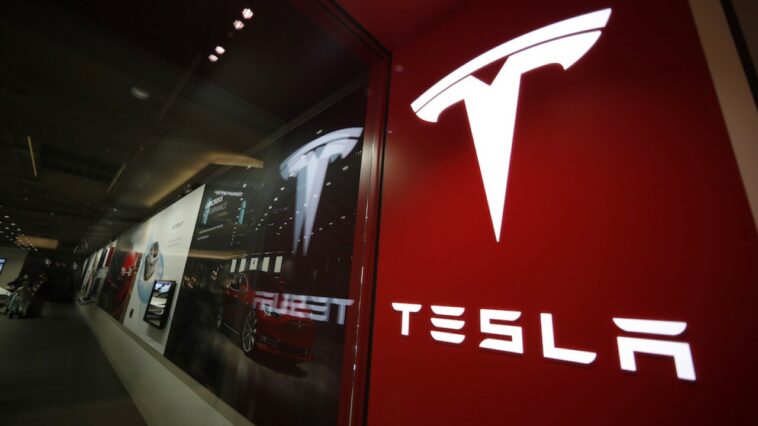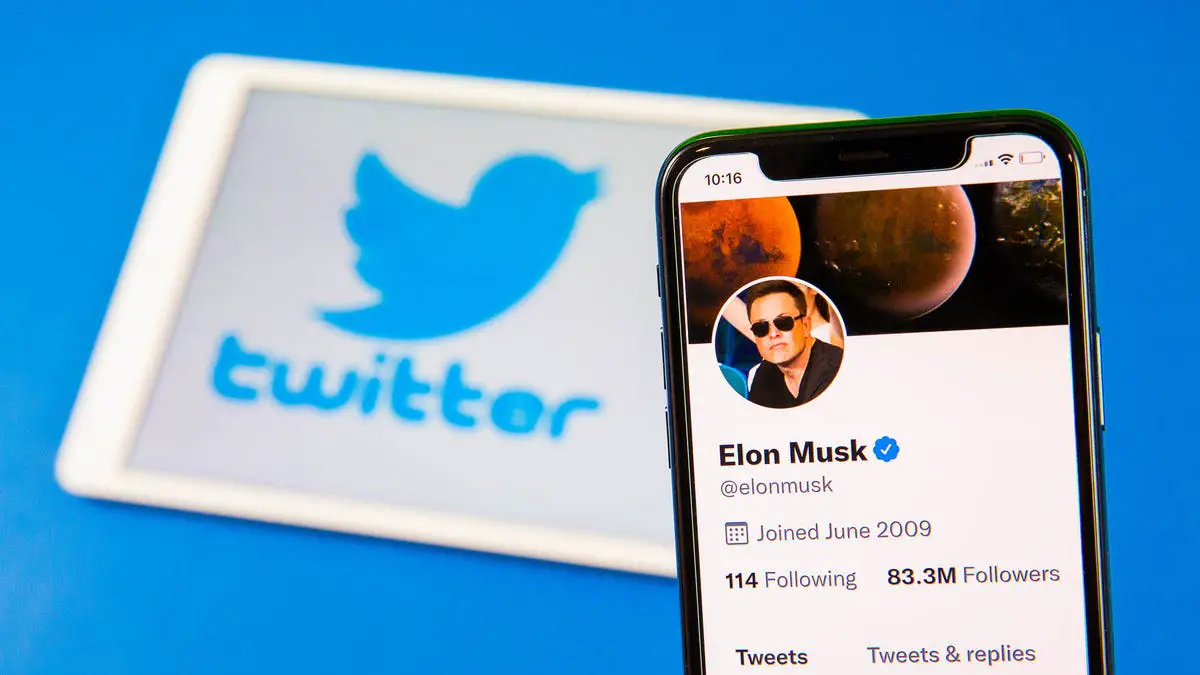Due to manufacturing problems with its electric cars due to regulatory limitations in China and supply chain concerns, Tesla’s sales from April through June were at their lowest quarterly level since last autumn. Sales of more than 254,000 vehicles and SUVs were announced by the Elon Musk-controlled firm over the weekend, an 18 percent dip from April to June and also significantly below the pace in last year’s final quarter.
Tesla delivered 241,000 cars in the third quarter of 2021, which was the last time it sold fewer vehicles worldwide. According to consumer research company JD Power, the remainder of the sector Friday recorded a 21% decline in sales during the second quarter as the average price for automobiles soared to a record of $US45,844 amid skyrocketing inflation.
The Austin, Texas-based business, Tesla, which is the world’s leading seller of battery-powered cars and has reported net profits for over three years, may have poorer second-quarter earnings as a result of its declining sales. On July 20, Tesla intends to announce its complete results for the months of April and June.
The value of Tesla stock has suffered this year, much like many other equities. However, the stock price decrease of 35% at Tesla isn’t solely attributable to the company’s volatile financial situation.
Elon Musk, the CEO of Tesla, also made a $US44 billion offer for Twitter, which he later withdrew because he believed it had an excessive number of spambot users. Since Musk became Twitter’s biggest shareholder and subsequently made a takeover effort, most of the decline in Tesla’s valuation has happened, raising fears that he has too much on his already full plate.
Musk has spoken about the pandemic constraints that caused the Shanghai plant to briefly shut during the quarter on his personal Twitter account, which has over 100 million followers as of right now. According to Wedbush analyst Dan Ives, more than 40% of Tesla’s sales are made in China, and as a result of the shutdowns, the Shanghai facility produced around 70,000 fewer cars.
Tesla, though, provided a glimmer of improvement on Saturday by announcing that June was the busiest month in company history for car production. The number of automobiles produced in June was kept a secret by the corporation. Musk has not tweeted on Tesla’s second-quarter sales as of early Saturday afternoon. But he caused some controversy lately over the weekend by breaking a nine-day Twitter quiet that was unusually protracted. One of his tweets mentioned him and four of his kids meeting Pope Francis.
A week after the publication of an interview with Musk in which he called the new facilities in Austin and Berlin “money furnaces” that were losing billions of dollars because supply chain failures were restricting the number of vehicles they could make, Tesla released its most recent delivery figures.
Making the Berlin and Austin factories operational was said by Musk in a conversation with a Tesla owners’ club on May 30 that was just recently made public. Everything else is a pretty little issue, according to Musk, who also predicted that “it will all be addressed very quickly.”
Musk has also spoken of forcing paid employees back to the office and a potential 10% reduction in Tesla’s workforce owing to a potential recession.
Since COVID-19 first appeared two years ago, supply chain failures have been particularly crippling for automakers, who rely on components from all over the world. Automakers’ issues were made worse by a shortage of computer chips required to power automobiles’ computers, which drove up the cost of both new and used vehicles.
Automakers had to close plants for eight weeks to help stop the virus from spreading when the pandemic broke out in the US in 2020.
Orders for semiconductors were canceled by certain component firms. At the same time, consumers stranded at home updated their gadgets, driving up demand for laptops, tablets, and gaming consoles. Chipmakers had switched their output to consumer items by the time vehicle manufacturing began, which resulted in a lack of weather-resistant automotive-grade chips. Even if Tesla has done better than other manufacturers, there is still a chip shortage in the market.
Source: SMH




